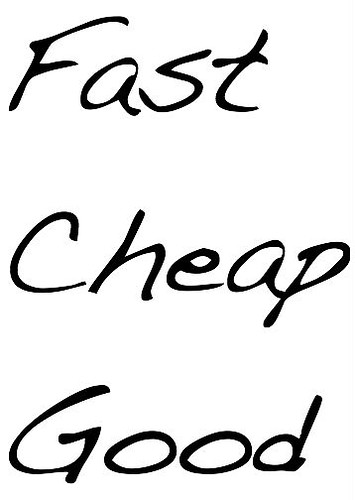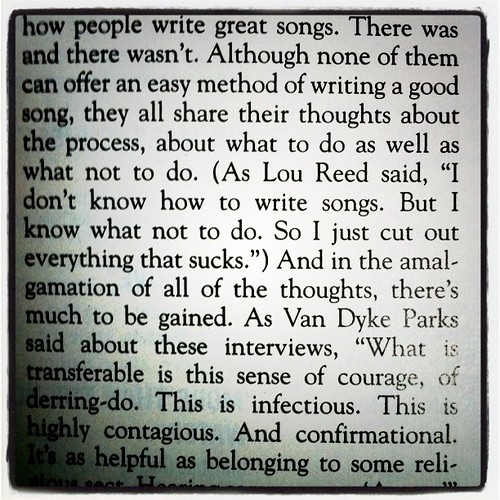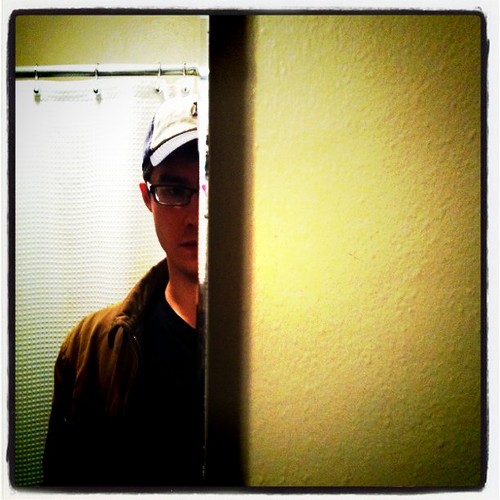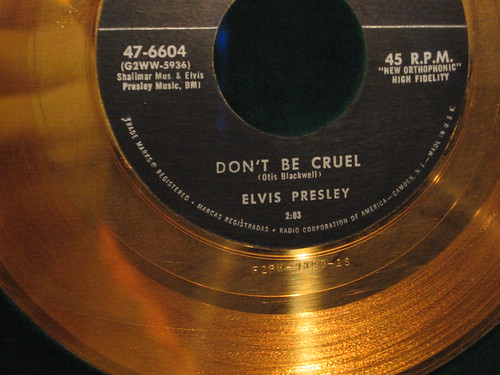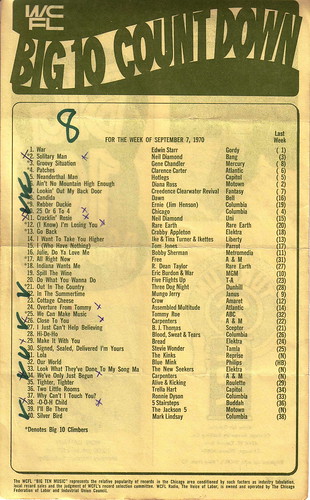 In America, many of our daily decisions are made out of a consumer's mindset. Everywhere we look are persuasive ads about how we should make those choices.
In America, many of our daily decisions are made out of a consumer's mindset. Everywhere we look are persuasive ads about how we should make those choices.This mindset unfortunately has contaminated how we create art. Instead of creating out of a freedom, we tend to restrict ourselves to the rules of a commercial game. We want to please those who open the doors to financial success. While writing a song, we say things like, "A radio station wouldn't play that kind of song, so maybe we should pursue another direction."
But I believe that when art has true integrity, a by-product is that it will be desired by consumers, and radio will play it. (It may sound naive, but how can I convince myself to create outside of the commercial boundaries without believing that?) So rather than trying to write a song that contains marketable characteristics, we can focus on writing a song that is great art, and as a result, will sell.
A lot of radio stations have played the same safe music for years, mainly because what has worked in the past still "works" today (there are still people listening). Rather than fixing something that arguably/presumably isn’t broken, record label promotion teams have reacted by shaping their product to the mold that radio wants. Like a line of dominoes falling backwards, the songwriters have also felt the pressure to adapt in order to be competitive. The songwriter who writes something outside the box hardly has a shot at their song being heard over the airwaves. The result of this cycle is that each song ends up sounding like a slight version of the one before. If everyone’s aiming at the same bull’s eye, there will only be so much variation. It seems fair to call these songs average, because by default, they are lacking special distinction, rank, and status.
Deep down I want to believe that the best songs make it onto albums and over the airwaves, but that unfortunately isn’t always the case. It often feels like there are more behind-the-scenes politics than a November election. The challenge to the professional songwriter is to be true to his/her own voice while making a living writing songs for an industry that doesn’t treat new voices kindly. It’s the new voices, however, that cause the craft of songwriting to grow.
Keep writing,
Ben





